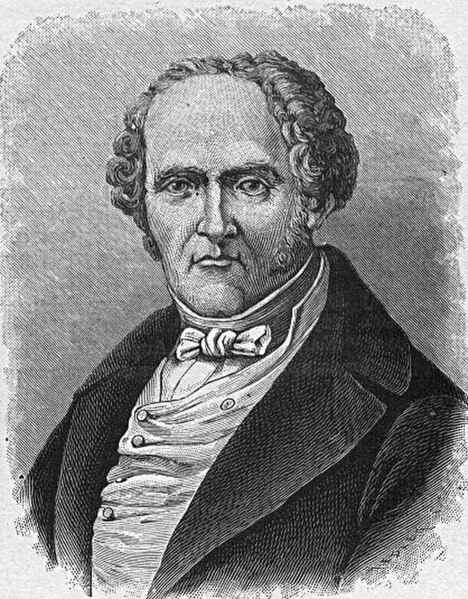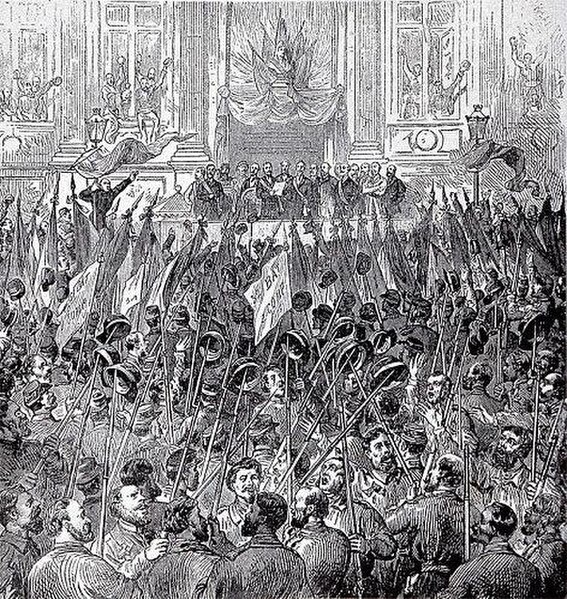Criticism of capitalism is a critique of political economy that involves the rejection of, or dissatisfaction with the economic system of capitalism and its outcomes. Criticisms typically range from expressing disagreement with particular aspects or outcomes of capitalism to rejecting the principles of the capitalist system in its entirety.
Karl Marx's three volume Capital: A Critique of Political Economy is widely regarded as one of the greatest written critiques of capitalism.
The "Pyramid of Capitalist System" cartoon made by the Industrial Workers of the World (1911) is an example of a socialist critique of capitalism and of social stratification.
Albert Einstein advocated for a socialist planned economy with his 1949 article "Why Socialism?"
"Of usury", from Sebastian Brant's Stultifera Navis (the Ship of Fools; woodcut attributed to Albrecht Dürer)
Socialism is an economic and political philosophy encompassing diverse economic and social systems characterised by social ownership of the means of production, as opposed to private ownership. It describes the economic, political, and social theories and movements associated with the implementation of such systems. Social ownership can take various forms, including public, community, collective, cooperative, or employee. Traditionally, socialism is on the left wing of the political spectrum. Types of socialism vary based on the role of markets and planning in resource allocation, and the structure of management in organizations.
Charles Fourier, influential early French socialist thinker
The celebration of the election of the Commune on 28 March 1871—the Paris Commune was a major early implementation of socialist ideas.
Karl Marx in 1875
Vladimir Lenin, founder of the Soviet Union and the leader of the Bolshevik party.








